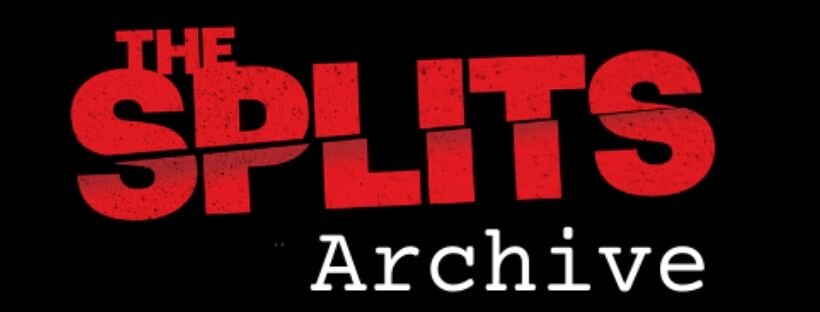Dead Corpse by Nuzo Onoh
Nuzo Onoh caught my eye when I saw a blog about Dead Corpse, her latest novel. When I read that she calls herself the Queen of African Horror I was intrigued. I went to Amazon, looked inside the book, and found myself on a smooth, irresistible narrative conveyor belt with no going back.
Onoh is a British writer of Igbo heritage. She grew up in what was formerly the Republic of Biafra and is now part of Nigeria. Her books are all famously steeped in African folklore and traditions.
Dead Corpse is one hell of a story, about three generations of medicine-women who battle with the evil in gods, men and in themselves to find happiness. It’s also about revenge, and the struggle to define the right way to live in the complex and divided world of modern Africa.
The story begins with Xikora, a powerful and somewhat malevolent albino medicine woman, dying in childbirth along with her infant son. Her daughter Owa - also albino and destined to inherit Xikora’s powers - is left motherless and vulnerable in a community that disdains light-skinned people.
We return to Owa some years later, when she’s established as the medicine-woman in the village. Although she’s just as powerful as her late mother, she’s much more timid and merciful. She has a daughter called Aku, also albino. But Aku’s academic talent has led her to attend a Catholic school and convert to Christianity.
I was already fascinated to see how this fight between old and new gods would play out. But then enter “the fat man”, one of the most upsetting villains I’ve ever come across. His plans for Aku are grotesque but the detail of his petty ambition makes him believable:
“…As I told you, I’m the deputy local government chairman and very soon, I shall become the chairman,” he paused, looking her over as if she were a bowl of assorted meats.
Occasionally Onoh uses too many adjectives for my taste - it might be more powerful to talk about some of the crimes that have been committed without mentioning that they are “heinous” for example.
But her language is mostly vivid and compelling. Take this passage where Owa and Aku communes with a goddess:
The earth cracked and the flies spewed out in their ferocious, deafening flight; the celestial flies, the forbearers of the great Earth Goddess. The swarm coalesced by the entrance of the shrine, whirling like a black tornado, sculpturing themselves in the smoky gloom till a dark figure emerged, a body formed from flies, a figure shaped like a woman, a towering, terrifying, night-black woman. The figure was so colossal it filled the shrine, seeming to extend beyond the dry, thatched roof. The fly-body swelled and rolled, whirled and surged as it undulated its terrible walk towards the black blood-coated statue. Aku’s head expanded and contracted. Millions of hard glittering fly-eyes blinded her sight as the great goddess drew closer.
Onoh's writing also has a consistent pace and clarity that draws you in and makes you forget time – the ‘narrative conveyor belt’ I mentioned in the introduction.
The plot of Dead Corpse is harrowing but that’s how horror works – tapping into deep anxieties and worst-case scenarios to sort out fairly ordinary dilemmas we’d all recognize. For example, is it better to think like ruthless Xikora or merciful Owa?
Xikora tells Owa:
“I make my own destiny. Haven’t you heard a word I said? Those who wait instead of taking action achieve nothing in life, like yourself, who’ve let your powers go to the dogs.”
By the end of the book you feel like you – along with Owa and the rest of her village - are walking a very thin tightrope of goodness between the values of Xikora and those of the fat man. But you’ve made it.
An exciting, satisfying read that will make you shudder and think - highly recommended!

